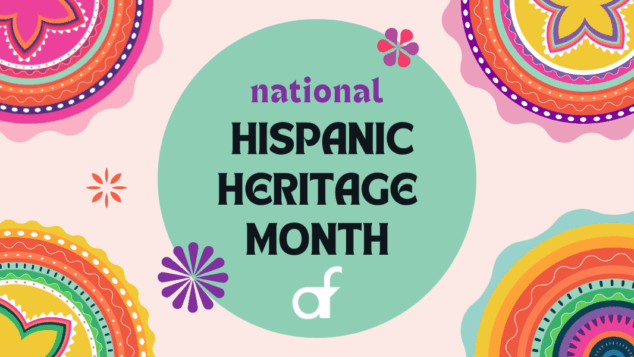Are Women in Associations Doing More Office Housework? And Is It Holding Us Back?

I’ve noticed a pattern in many association offices over the years—though not universal, women often seem to take on more of the “office housework.” This includes tasks like purchasing gifts for Board members, making restaurant reservations for meetings, taking notes during meetings, and scheduling calls. This trend got me thinking: Are we, as women, doing more of this kind of work simply because we volunteer for it more often? And if so, could this be holding us back professionally? During the Women’s Executive Forum earlier this year, I found myself reflecting on these dynamics. The forum offered extremely valuable content, but I wondered if the topics—like being empathetic in the workplace, coaching future leaders, and transforming team meetings—could benefit from broader discussions that include our male colleagues. If we brought men into these conversations too, it might help lead to a more equitable distribution of unpromotable work and have a positive impact on the leadership gap.
The Unpromotable Work Trap
Research has indeed shown that women are more likely to volunteer for non-promotable tasks—those that are necessary for the organization but don’t lead to recognition, promotions, or salary increases. While these responsibilities are essential to keeping an organization running smoothly, they often go unnoticed and unrewarded.
What’s more, even DEI work—which we can all agree is critical to the health and success of our associations—may also tend to be viewed as additional, unpromotable work. The Equality Action Center (EAC) has developed programs and training to advance historically marginalized employees in the workplace. According to EAC, “Too often diversity work is treated as undervalued office housework. Among women at the manager level and above, Black women, LGBTQ+ women, and women with disabilities are up to twice as likely as women overall to spend a substantial amount of time promoting DEI. The common practice of assigning large loads of diversity advocacy to these groups further jeopardizes their advancement as they will have to literally work more hours than majority men if they want to get ahead.”

You’d be hard-pressed to find an association leader who would want to penalize anyone for advancing the organization’s DEI strategy, for helping improve office culture or employee morale, or for taking care of important meeting logistics—but if you’re not factoring in these contributions during reviews and compensation discussions, you could be doing just that. If you’re not asking your direct reports to talk about how much time they’re spending on “office housework” you might not even know there is a problem, so some fact-finding might be a great place to start. In future check-ins with your direct reports—you might consider asking how much of their time is spent on activities that truly matter to the organization, if they feel they’re doing more work in some areas than their male or white colleagues, and if they feel recognized for all of the work they are doing.
A Call to Action
It’s time to ask ourselves some important questions: Are women in associations being disproportionately assigned—or disproportionately volunteering for— unpromotable tasks? And if so, what can we do about it? We need to ensure that all employees have equal access to opportunities that lead to advancement. This might mean rethinking how tasks are assigned and making a conscious effort to distribute both the promotable work and the office housework more fairly.
By addressing these issues head-on, we can work toward a more equitable workplace where everyone has the chance to thrive.
Tags
Related Articles
The Weight We Carry: What Teams Wish Leaders Understood
Association professionals are feeling the strain of relentless change—burnout, shifting expectations, and emotional fatigue are...
Workforce to Hit 30% Gen Z by 2030: Ready or Not?
Gen Z isn’t lazy—they’re reshaping work with speed, collaboration, and purpose. Here’s how to engage...
Celebrating Hispanic Heritage Month with Association Latinos
How to celebrate Hispanic Heritage Month within the association community and Chicago!




